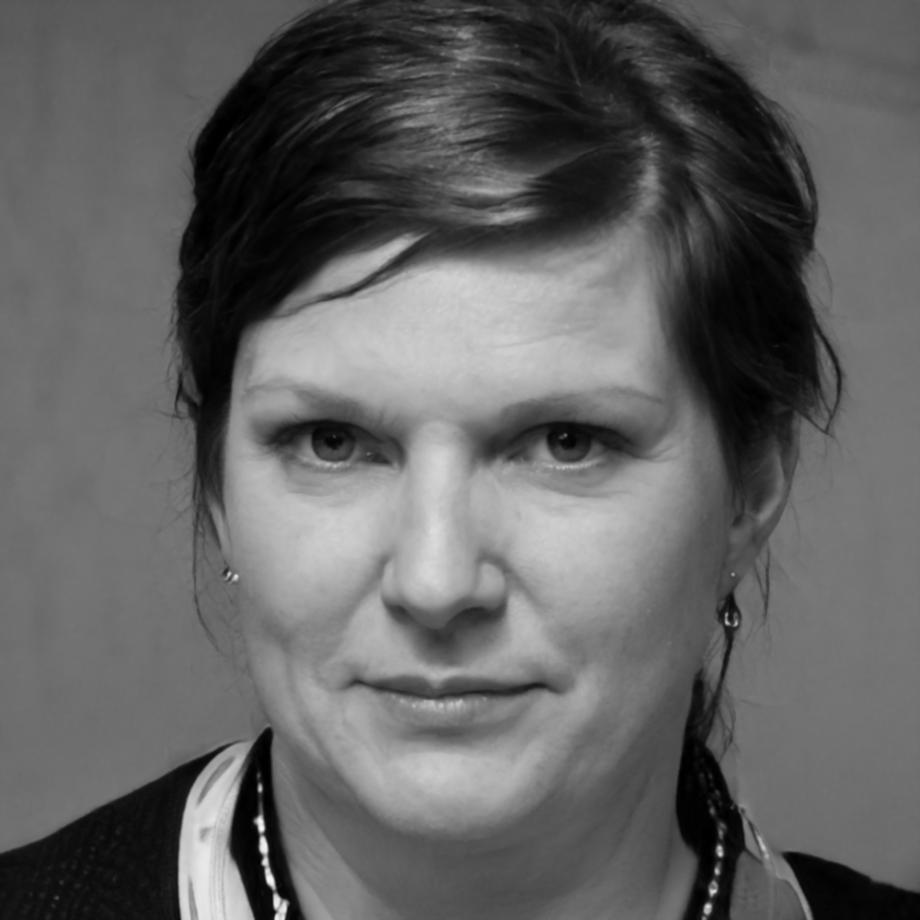Financial Analysis Mastery Program
A comprehensive approach to understanding liquidity and solvency analysis in today's business environment. This program helps finance professionals develop practical skills for evaluating company health and making informed decisions.

What You'll Actually Learn
We focus on building real competency with financial statements. You'll spend time with actual company reports, working through ratio analysis, cash flow interpretation, and understanding what the numbers reveal about operational sustainability.
The curriculum moves from foundational concepts to practical application. Most participants find the balance sheet analysis section challenging but rewarding—it's where things start clicking together.
Liquidity Assessment
Working capital analysis, quick ratios, and cash conversion cycles with actual case examples.
Solvency Evaluation
Debt structure analysis, coverage ratios, and long-term financial viability indicators.
Statement Analysis
Reading between the lines of financial reports to identify patterns and red flags.
Comparative Methods
Industry benchmarking and trend analysis across different business sectors.
Your Program Instructors
Meet the finance professionals who'll guide your learning. They bring years of hands-on experience working with companies across Taiwan and Southeast Asia.

Rosalind Chen
Senior Financial Analyst
Spent fourteen years analyzing manufacturing firms and tech startups. Rosalind has that rare ability to explain complex financial concepts without making you feel lost.

Maeve Huang
Corporate Finance Director
Former CFO advisor who's seen companies through growth phases and challenging periods. She brings real stories that make the theory stick.

Daphne Wu
Risk Assessment Specialist
Works with banks and investment firms on credit analysis. Daphne knows what financial indicators matter most when evaluating business stability.
Questions Along Your Journey
Here's what people typically wonder about at different stages. We've organized these by when they usually come up—before enrollment, during the program, and after completion.
Before You Start
Do I need an accounting background?
Not necessarily. If you can read basic financial statements and understand percentages, you'll manage. We do assume some familiarity with income statements and balance sheets, but we review fundamentals in the first week.
How much time should I expect to invest weekly?
Around eight to ten hours. That includes live sessions, case study work, and independent reading. Some weeks are lighter, others demand more focus—especially when we're deep into case analysis.
During the Program
What if I miss a live session?
All sessions get recorded and posted within 24 hours. You'll still need to complete that week's assignments, but you can catch up on your schedule. Just be aware that the live discussions often add valuable context.
Can I get feedback on my analysis work?
Absolutely. Each case assignment gets reviewed, and you'll receive written feedback within one week. You can also schedule office hours with instructors for specific questions about your approach.
After Completion
Will this help in my current finance role?
Many participants report feeling more confident analyzing financial health and contributing to decision-making discussions. The practical skills tend to be applicable fairly quickly in corporate finance, credit analysis, or investment roles.
Do I get continued access to materials?
You'll have access to course materials and recordings for one year after completion. We also update case studies quarterly, and graduates can access new materials if they want to stay current.
Join the October 2025 Cohort
Our autumn intake begins October 14, 2025. Class size is limited to ensure everyone gets meaningful interaction with instructors and adequate attention during case discussions.